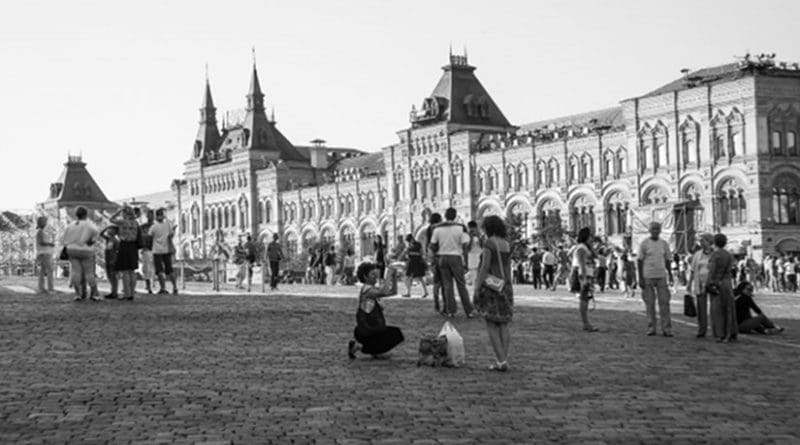Kremlin Steps Up Attacks On Governors From Opposition Parties – OpEd
By Paul Goble
The Kremlin’s attacks on Irkutsk governor Sergey Levchenko, a KPRF member, are now so intense Gennady Zyuganov has called for a meeting of the Russian Security Council with members of the Duma to discuss the matter. Attacks on Khabarovsk Kray head Sergey Furgal of the LDPR may prompt Vladimir Zhirinovsky to become demanding.
These attacks on these governors from opposition parties, Konstantin Kalachev, head of the Moscow Political Experts Group, are intended to serve notice that protest voting doesn’t pay and reflect fears in the Kremlin that otherwise regional protest voting may inform national elections in 2021 and 2024 (ng.ru/politics/2019-11-21/1_7733_regions.html).
In reporting this development, Nezavisimaya gazeta says that perhaps the clearest indication of the Kremlin’s intentions in this regard is the decision of the Expert Institute of Social Research to begin publishing shortcomings of these governors in addition to its typical list of “best practices” of regional heads.
Because the institute serves as the main analytic center for the Kremlin’s domestic policies, this is clear signal that those in power want these opposition governors to be attacked, something that the regional media have picked up on. These attacks have two explanations, the Moscow paper says.
On the one hand, this may be some kind of temporary and limited sharpening of attacks that will be overcome. Or more likely, it may be a sign that the parties of the Crimean consensus can no longer expect to get a free ride because of their services in that regard, Nezavisimaya gazeta continues.
Kalachev, with whom the paper spoke, favors the latter explanation. For the Kremlin, he says, governors from opposition parties “are not so much opposition figures as people who don’t agree. Furgal and Levchennko were elected despite the plans of the Presidential Administration.” If the Kremlin really wanted them out, it could have arranged that.
Instead, the political analyst continues, the Kremlin is sending a message to the entire country that those who engage in protest voting can’t hope to win. If their candidate does take office, the powers that be in the center will ensure that he or she isn’t able to fulfill any election promises.
That is something the Kremlin wants all Russians to take to heart as the country heads toward future Duma and presidential elections, Kalachev concludes.

